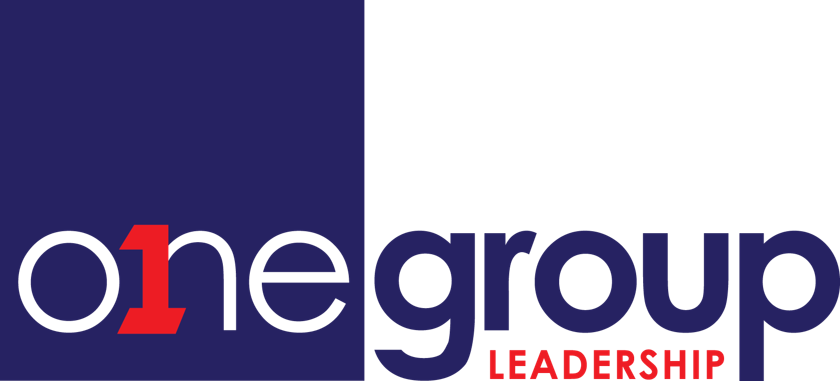
According to the 2017 Trust Barometer, by Edelman, the world’s largest public relations firm, lack of trust is all pervasive in our societies and institutions and is increasing. Worldwide, it seems, we don’t trust the media, business or government.
How many of us experience this same lack of trust in our workplaces?
Years ago when I was in a leadership position at a university running a student volunteering program I had the opportunity to contribute to a radio discussion on volunteering but was told in no uncertain terms by my boss: You do not speak to the media!!!
I was shocked by her vehemence, though not by the message. It wasn’t personal it was policy. It was about managing the message, managing risk, protecting the brand. Talking to the media was not in my job description.
What it was really about, of course, was fear. Fear of reputational damage. Ironically, in the end no one spoke to the media and the university lost the opportunity to contribute to public debate and boost its reputation.
How many decisions are either too long in the making or not made at all because of fear?
A friend working at one of the largest councils in Sydney experienced an approval process for a simple brochure with one image and four lines of text that had to pass through five layers of decision making, holding up a publicity campaign by months, impacting on public participation at the event.
Fear dysfunction disempowerment. They go together.
What is the fear at the heart of your organization? How does fear impact on decision making, creativity, the freedom to have difficult conversations? How does fear disempower colleagues, stopping them from shining brilliantly in their work? How does fear undermine morale within your organization and its effectiveness?
If you could work in an environment where there was trust, forgiveness and no fear what would that be like?
Are you brave enough to find out?
Phil Voysey is a Principle Consultant with One Group Leadership and Director of Cultural Connexions.
